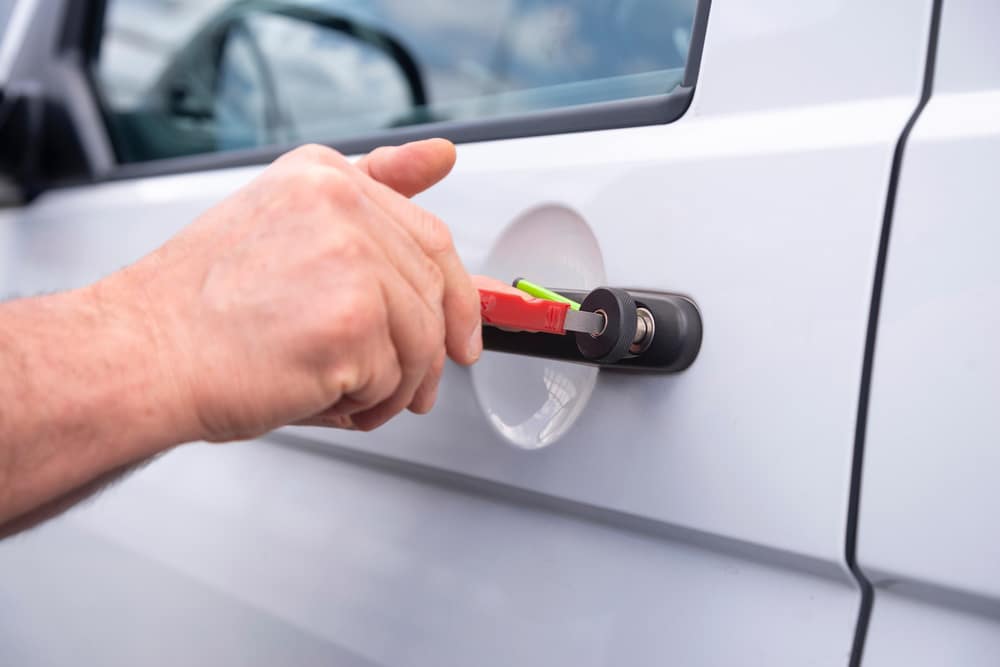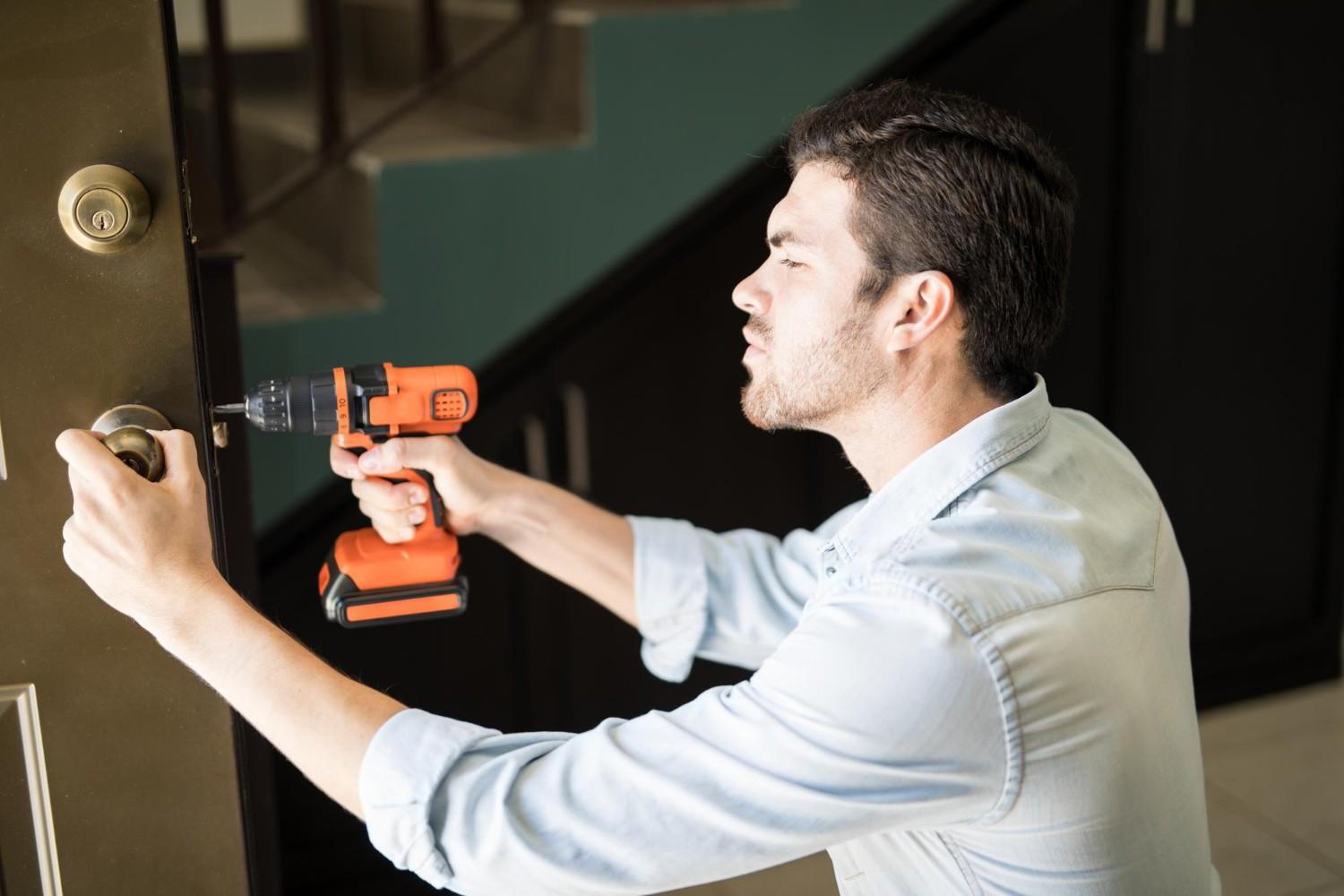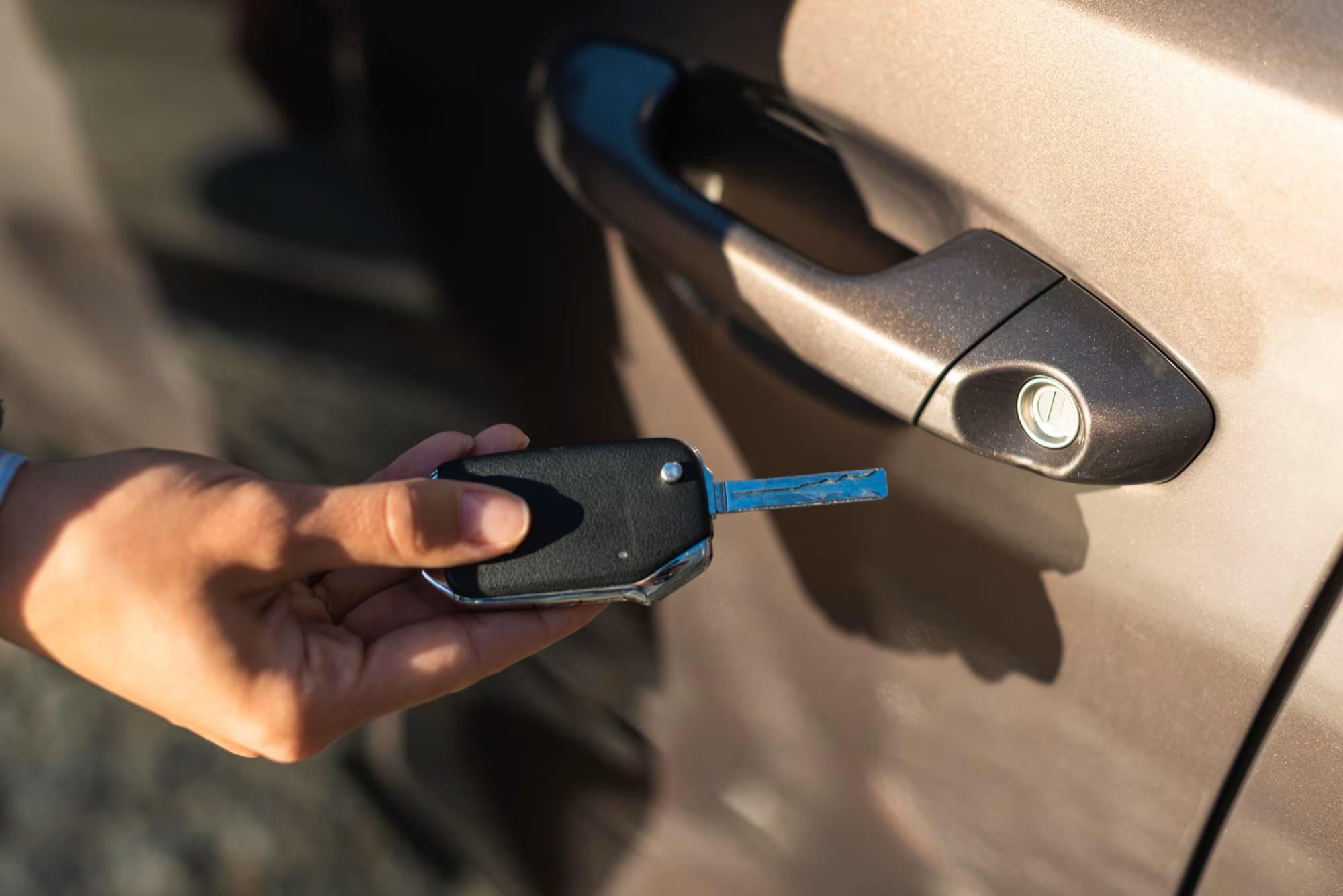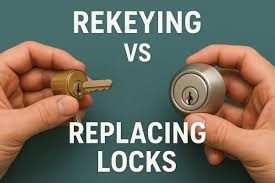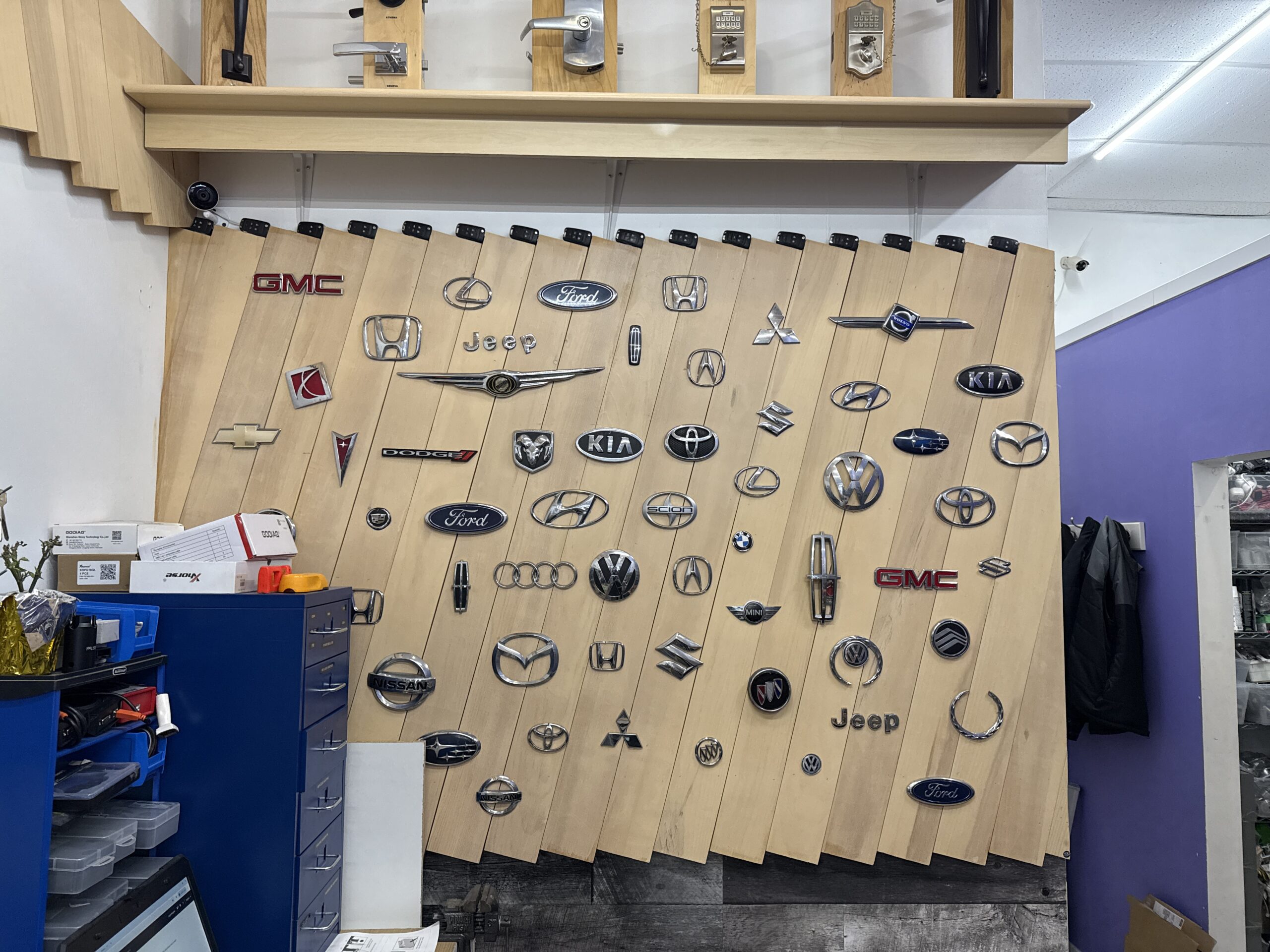Being locked out of your home, car, or office is a frustrating experience. During such an emergency, your instinct is to search for help as fast as possible. The majority of people look online for locksmiths near them. But the urgency makes it easy for you to fall prey to locksmith scams. Scammers use low prices to entice customers, then raise them later or damage your property. Therefore, it’s necessary to identify a fake locksmith online before you hire anyone.
In this article, you will discover how to spot a fake locksmith online, check credentials, and ensure safety in case of an emergency. These tips will assist you in avoiding locksmith scams and selecting the correct expert for your requirements.
Why Locksmith Scams Are Becoming More Common?
With the rise of online sites and classified websites, scammers have discovered new methods of targeting individuals in need of a quick solution. Phony locksmiths post very low rates, even $15 or $20, just to grab a quick job and perform locksmith scams. Yet, when they show up, the rate suddenly increases. Some even break your lock on purpose so they can charge for repairs or replacements.
These cons are not only about financial loss. They can also pose a threat to your security. Scammers posing as locksmiths can be poorly trained or even have ill motives. Therefore, it is important to know how to check credentials and identify reliable locksmiths prior to employment.
Common Warning Signs of a Fake Locksmith
The following are some warning signs to identify an imposter locksmith online:
1. Prices That Are Too Low
If a locksmith offers a price far lower than others in your area, be cautious. Legitimate locksmiths have costs for insurance, tools, training, and licensing, so their prices will be reasonable but not suspiciously cheap.
2. No Physical Address or Vague Contact Info
Real locksmith businesses provide a street business address and several options for how to contact them. If all you are given is a cell phone number or vague location information, this may be an indication of a scam. Check the address on the internet or check business documents when available.
3. Unprofessional or Evasive Communication
If the individual picking up your call does not give you a company name, is evasive in responding to your questions, or insists on you beginning work right away, this is a red flag. Scammers attempt to get customers to hurry before they can check if they are authentic. Knowing how to identify a scamming locksmith online saves you from falling prey to such scammers.
4. Not wanting to display License or offering an Oral Estimate
Most locations license or certify locksmiths. A reputable locksmith will happily produce credentials when requested. If they hesitate or offer excuses, try somewhere else. Make sure to get a written estimate of the price prior to work being performed to avoid unexpected charges.
How to Verify Locksmith Credentials Before Hiring?
Spending a few minutes to check a locksmith can save you from a scam. Here’s how:
- Check Online Reviews: Search reviews on Google, Yelp, or Facebook. Be aware of consistent complaints about hidden charges or bad service.
- Ask for Licensing and Insurance: Request a license and insurance documents. These indicate the locksmith complies with local laws.
- Get a Written Estimate: Always request a detailed estimate before hiring.
- Look for Company-Furnished Vehicles and Uniforms:Competent locksmiths tend to have company logos on their vans and uniforms, which is a good indication.
- Ask Around: Neighbors, family members, or friends can recommend reliable locksmiths they have used.
Emergency Protect: What to Do When Locked Out
Lockouts strike at the wrong times, and you need assistance quickly. Even during emergencies, you can protect yourself by doing these steps:
- Save Reliable Locksmith Numbers in Advance: Don’t wait to get locked out to discover a locksmith. Save phone numbers of trustworthy professionals in advance.
- Rapidly Check Before Contact: Although in a rush, attempt to check online reviews or the site of the locksmith before making a call. This assists you in identifying an imitation locksmith quickly online and preventing scams.
- Check Prices Before Arrival: Request the amount in advance, including any emergency or traveling fees.
- Never Pay Cash Without a Receipt: Always ask for a receipt or invoice itemizing the services and fees.
With some advance preparation and vigilance, you can steer clear of scams and remain safe during stressful lockout situations.
Real-Life Locksmith Scams to Watch Out For
The following are some frequent scams reported by customers:
- Bait-and-Switch Pricing: Low advertised price shifts significantly once work is under way.
- Unlicensed or Inexperienced Laborers: Locksmiths with no proper training can damage your lock or refuse to repair it.
- Unnecessary Drilling: Rather than picking a lock, scammers drill it to make costly replacements necessary.
- Excess Charges Without Permission: Customers are charged for parts or services they never consented to.
Tips for Finding a Reliable Locksmith Online
Follow these tips in order to hire a reliable locksmith:
- Search approved local directories and review sites.
- Select locksmiths with persistently positive feedback.
- Avoid locksmiths who appear only as paid ads with no real website or social proof.
- Use social media or community groups for recommendations from trusted people.
Conclusion
Being locked out is infuriating, but being the victim of a locksmith scam makes it worse. Knowing how to spot a fake locksmith online and how to check credentials will save you money and grief. Even in an emergency, being a little careful will safeguard you, your belongings, and your tranquility.
For a reliable and professional locksmith service, be sure to contact Key IT Locks today to ensure your safety and security.
Frequently Asked Questions (FAQ)
Q1: How can I tell if a locksmith is real or fake?
A professional locksmith will have a valid address, appropriate licenses, and insurance. They should present ID and give a written estimate. Scammers typically give exceptionally low prices and will not provide transparent company information.
Q2: What should I do if I suspect a locksmith scam?
Do not let the locksmith proceed with work if you’re in doubt. Request credentials and quotes for prices. If denied, call another locksmith or the local police.
Q3: Are locksmith licenses required everywhere?
Licensing regulations are different depending on where you are. Be sure to request proof of license and insurance.
Q4: How can I protect myself during a lockout emergency?
Pre-store trusted locksmith numbers. Check reviews and credentials first before making the call. Double-check prices and always request a receipt.
Q5: Can locksmith scams damage my property?
Yes, some fake locksmiths damage locks deliberately to charge for repairs. Hiring a trusted professional helps avoid this risk.

